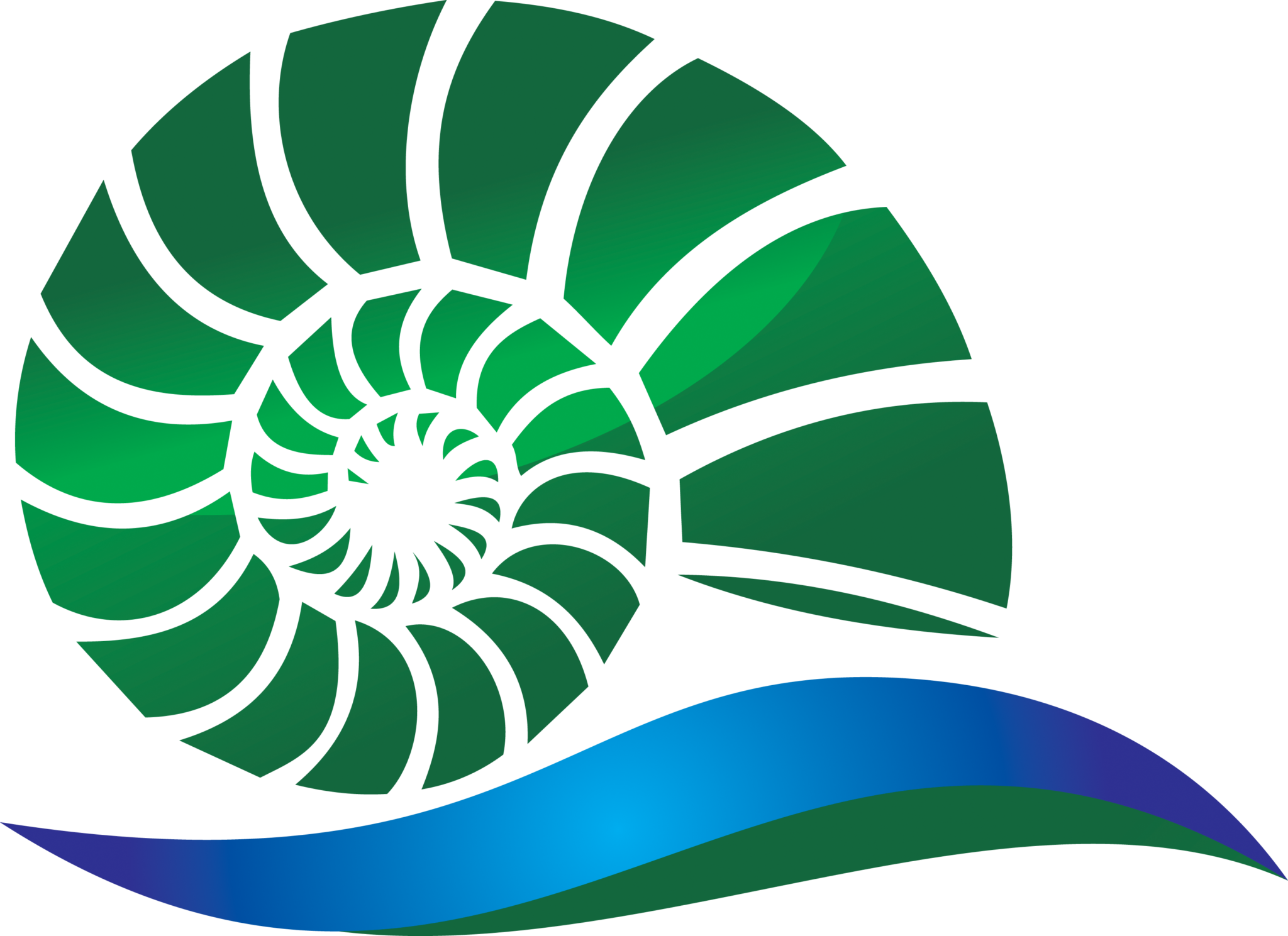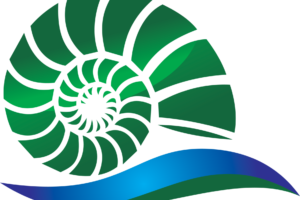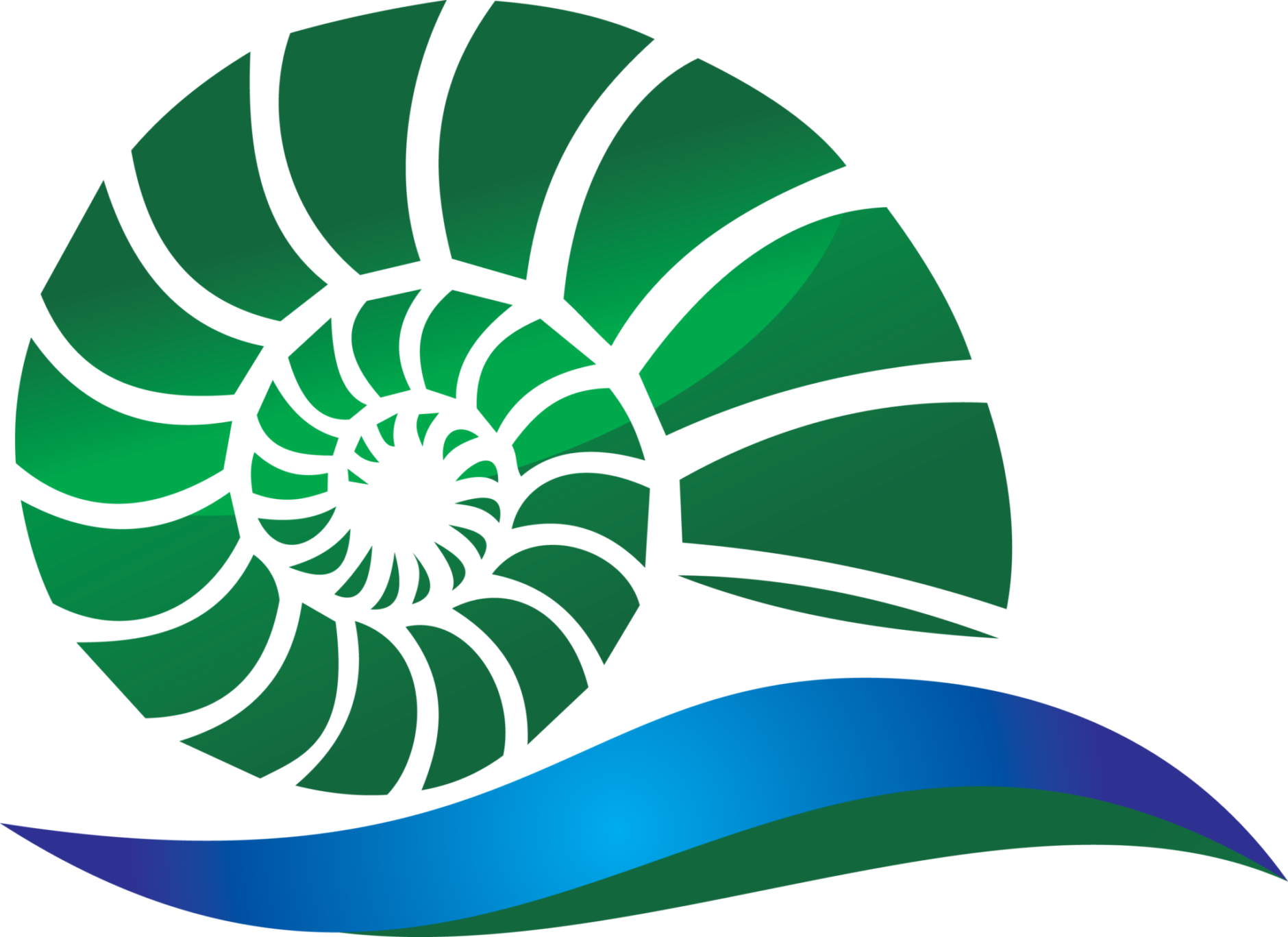09_01_2018
A Book That Has Given Me Plenty to Ponder:
The Soul’s Code: In Search of Character and Calling

Written by James Hillman
As I have noted in earlier Blogs, I got hooked on reading several books by Dr. Thomas Moore over these past couple of months. Dr. Moore has many “titles” or “areas of expertise” associated with his name: author, monk, psychotherapist, musician, and a university professor. Currently he lectures on a wide range of topics, including holistic medicine, spirituality, psychotherapy, and ecology. As I read his work, I noticed that he kept referencing an author he identified repeatedly as very influential in his own work and thinking. Curiosity got the best of me, so I accessed my local library network and discovered that they had several of his books in their network of libraries.
So I requested James Hillman’s book, The Soul’s Code: In Search of Character and Calling. Hillman’s credentials are impressive: psychologist, scholar, international lecturer, and Pulitzer-nominated #1 New York Times bestselling author of more than twenty books. I liked the title of the particular book that I selected, so that’s where I introduced myself to his work. The book was published in 1996 and Hillman passed away in 2011 at the age of 85, so it is probably safe to say that he wrote this book later in his life and after many years of practice.
Looking back in search of any preconceived thoughts I had about what I might find in the book, the best that I can recall is that I certainly had an active level of curiosity about his writing and thinking given how much credit Moore continued to attribute to him in his (Moore’s) writing.
So while I was curious about his work, I wasn’t prepared for how his thinking opened up new ways of thinking for me. Within the first chapter, Hillman reveals his approach to understanding child development, which is some ways differs drastically from much of modern psychology. As he readily points out, much of today’s approach to our passage through childhood focuses on the “traumas” that we may have experienced during those years. His focus emphasizes a different perspective; instead of focusing on traumas of childhood – at whatever level those might be – he suggests that we focus on how those experiences helped direct or develop our character and prepared us for our “fate” or “destiny.”
To read Hillman, you have to be open to considering how his thinking “fits” with other beliefs or how we’ve been taught to think about our childhoods. As he aptly summarizes his viewpoint, “Our lives may be determined less by our childhood than by the way we have learned to imagine our childhoods.” One of my takeaways from reading this book is that Hillman believes that we are each born with a purpose to fulfill in our lifetime. The purpose of our existence may be called by different names, such as “fate,” “destiny,” God’s will,” etc. He suggests that we may be born into or somehow choose our families of origin as growing up in those settings may well contribute to our developing some of the traits that help us become the persons we aspire to be as adults.
Okay, so I know that this way of thinking is somewhat “out there” on the continuum of how we’ve been taught to think. And while I’m not sure I’m one hundred percent sold on Hillman’s views, I can’t entirely cast his views aside either. He certainly makes a case that we don’t factor in the nature of a “calling” that may be rooted in our essence – something he refers to as the “acorn.” “The ‘acorn theory’ holds that each person bears a uniqueness that asks to be lived and that is already present before it can be lived.” I know the theory sounds a bit circular, but I sense it has some truth to it. “Each person enters the world called.”
He makes frequent reference to the experience that we’ve probably all experienced at different times in our life: an experience in which we definitely feel called to do something. I know I have felt and experienced such callings, and I’m not sure where they come from exactly. The calling may be to volunteer for an activity that seems worthwhile or important to you. The calling may be to join a certain church, or a local choir, or to train for a marathon. We can sometimes identify reasons that we do such things, but such reasons don’t necessarily account for the energy or drive to pursue the ideas.
It helps me to think about people that I know that truly appear to be living their talents and calling. At the same time, I also see people who talk frequently about regrets or wishes that they had pursued different pathways at critical junctures in their lives. Seeing these patterns, it makes sense to me to ask myself, “Why is it that person just can’t seem to let go of this vision of themselves as an artist, an athlete, etc.?”
Hillman provides numerous examples of children that from a very early age show signs of possessing unique gifts and talents, and no matter how much their parents or teachers attempt to redirect them to other interests, the efforts are unsuccessful.
So I am offering these thoughts as we in the second halves of our lives continue to think about what calls us. Why does our existence matter? What can I do that will be useful to others? As Hillman points out, “unpacking the image or our destiny takes a lifetime. It may be perceived all at once, but it is only understood slowly.” In essence, it is natural that we may still be asking ourselves, “What am I called to do in this stage of my life?” Instead of being critical of ourselves and saying things like, “I still haven’t figured out what I want to be when I grow up,” Hillman’s orientation affirms how natural it is that we continue to search for our callings at different stages of our life. As he said…”it is only understood slowly.!
Periodically throughout my life I’ve asked myself questions along the lines of “Am I doing what I was meant to do in this life? Am I using the talents and skills that were given to me and/or that I have been fortunate to acquire and develop?” Obviously something within me is driving me to ask those questions? Call it my soul, my “acorn,” my spiritual guide or daimon, whatever you like. Such questions are enough for me to think seriously about Hillman’s work and the potential implications In my life.
I know that it is important to me to use this period of my life when I have more control on how I spend my time to fully participate in all of the dimensions that life offers In addition, I want to continue learning and evolving and using my talents and skills in ways that bring me fulfillment.
As I’ve shared before, a morning meditation practice helps me still my mind so that let my inner voice and guides help me find the paths that I desire in living my life forward.



